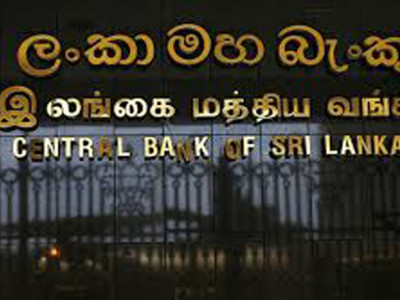(COLOMBO, LANKAPUVATH) –Sri Lanka’s Defense Secretary Kapila Waidyaratne Thursday underscored the need to stay abreast of the latest developments especially in the field of technology to counter security threats as low-cost, asymmetric threats have proven dangerous for military forces and security within a state.
Delivering the keynote address at the inaugural session of the 3rd ‘Colombo Air Symposium’, held in Ratmalana today, the Defense Secretary said the asymmetric warfare and more generally the violent attacks in recent times by unconventional actors destabilize societies by being viable asymmetric opponents to the established system and law and order.
He said that, national defense is inalienable and the rise of Sri Lanka as a strategic partner for many international actors is inevitable with the host of strategic assets present in the island whose protection is needed now more so than ever.
“It is due to such reasons that our armed forces, including the Air Force continuously seek knowledge on new world threats and the preservation of peace in the region through such forums,” the Defense Secretary said.
He pointed out that the proliferation of cyber weapons and rapid growth of autonomous weapon systems is another cause for concern and these relatively new fields of warfare are yet to be defined under a legal framework.
Mr. Waidyaratne said as nations are racing to develop their cyber and space capabilities furthering their national interests in an increasingly competitive global setting, Sri Lanka must find its footing while ensuring that its interests and survival go hand in hand with the greater global peace.
He said the social media has become a ground for the dissemination of propaganda and disinformation and the manipulation of our perceptions and beliefs. Due to the potential effects social media activities can cause with little cost or effort, it has become an essential tool for war fighting used by both states and non-state actors.
He also said, asymmetric tactics too are spreading beyond traditional domains. Information technology increasingly underpins both military and economic strength. Low-cost, asymmetric threats have proven dangerous for military forces and security within a state. Such asymmetric threats require us not to become complacent with conventional military power.
Defense Secretary underscoring the need to stay abreast of the latest developments especially in the field of technology said air assets remain a prime choice when responding to security threats. He noted that Sri Lanka was once lagging behind her regional peers in research and development and innovativeness in both military and civilian technological developments but said it is soon expected to change with the initiation of forums such as this to gather required knowledge to make us a regional leader in air capabilities and innovativeness.
He revealed that, the present threats and the geostrategic importance of Sri Lanka had called for the establishment of a Naval Air Force Wing to secure the island’s waters with greater surveillance and striking capabilities and Sri Lankan armed forces have been supplied with a number of naval crafts with helicopter landing facilities.
It is also under the same rationale that a Joint Naval Command with the Air Force has been recommended along with a Joint Communications Network that would seek to build air and maritime capabilities.
He said that presently, air power is not confined to a restricted military arm posing many advantages as well as many challenges.
He stated that stimulating economic growth is of key essence and the future lies in a knowledge based economy. Air power – both military and civil – can be a stimulus and a catalyst for growth.
The ‘Colombo Air Symposium’ is attended by a number of participants including 24 delegates from 17 countries. The two-day conclave will see 12 local and foreign speakers sharing their knowledge on thematic topics during six sessions.




